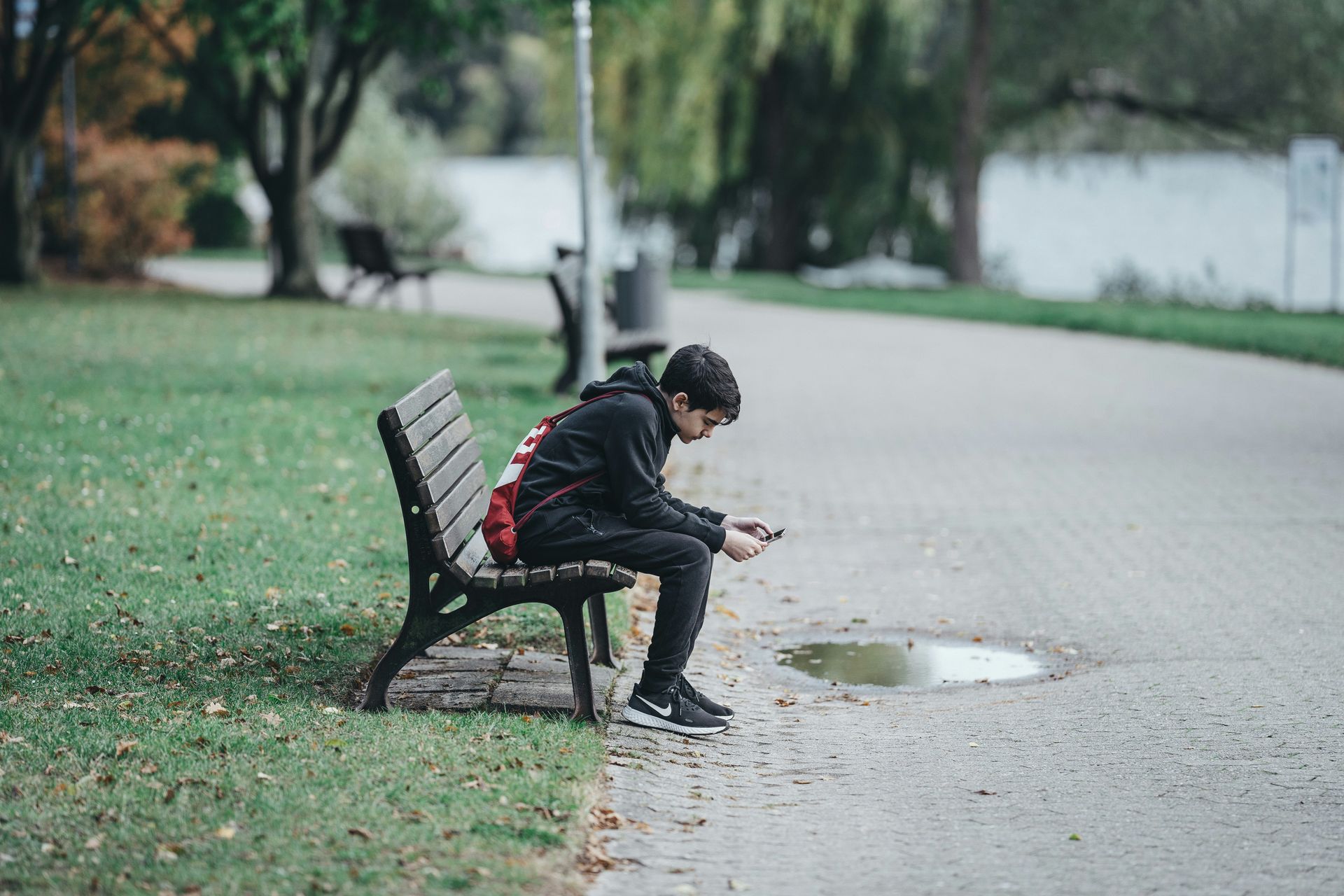How Grounding Exercises Can Help with Depression?
What Does Grounding Mean, and How Can It Benefit Me?

Grounding exercises can be a helpful tool in managing depression by bringing your attention to the present moment and fostering a sense of stability and connection with your surroundings. Here's how grounding exercises can help with depression:
1. Distracting from negative thoughts: Depression often involves a preoccupation with negative thoughts and rumination. Grounding exercises provide a mental diversion, redirecting your focus away from distressing thoughts and onto your immediate sensory experiences.
2. Increasing mindfulness: Grounding exercises encourage mindfulness, which involves being fully present in the moment without judgment. By anchoring your attention to the present, you can cultivate a greater awareness of your thoughts, emotions, and bodily sensations. This can help you recognize and detach from negative thought patterns associated with depression.
3. Easing anxiety and stress: Depression and anxiety often coexist. Grounding exercises can help reduce anxiety and stress levels by shifting your attention away from future worries or past regrets. By concentrating on the present moment, you can lower your physiological arousal, calm your nervous system, and alleviate symptoms of anxiety.
4. Enhancing self-soothing skills: Depression can leave you feeling disconnected and emotionally dysregulated. Grounding exercises offer an opportunity to practice self-soothing techniques. Engaging your senses and focusing on physical sensations can provide comfort, regulate emotions, and offer a sense of security and stability.
5. Increasing self-awareness: Depression can make you feel detached from yourself and your surroundings. Grounding exercises can promote self-awareness by helping you reconnect with your body and the immediate environment. This increased self-awareness can facilitate a better understanding of your emotional state and allow you to take proactive steps towards self-care.
6. Providing a sense of control: Depression often leaves individuals feeling helpless and lacking control over their lives. Grounding exercises offer a sense of agency and control by providing a simple and accessible tool to manage depressive symptoms. Engaging in grounding exercises empowers you to actively participate in your mental health and well-being.
Examples of grounding exercises include deep breathing exercises, progressive muscle relaxation, mindfulness meditation, sensory grounding (noticing and describing objects in your environment), or engaging in physical activities like walking or gardening. Experiment with different exercises to find what works best for you.
It's important to note that while grounding exercises can be beneficial for managing depression, they are not a substitute for professional treatment. If you're experiencing depression, it's crucial to seek help from a mental health professional who can provide appropriate guidance and support.











